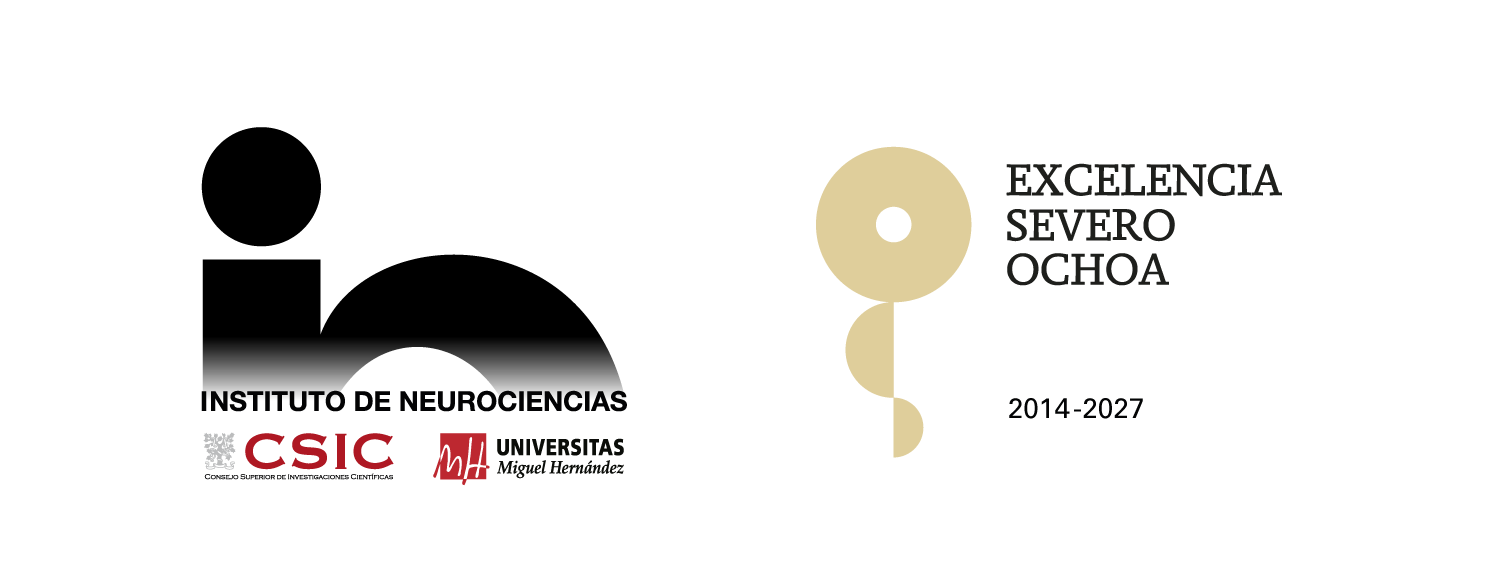Nine researchers from the Institute for Neurosciences CSIC-UMH among the most cited in the world
25 de September de 2024

A study, carried out by the academic publisher Elsevier, using data from the scientific database Scopus, has recognized nine researchers from the Institute for Neurosciences (IN), a joint center of the Spanish National Research Council (CSIC) and the Miguel Hernández University (UMH) of Elche, among the most cited in the world. This ranking is considered an indicator of research excellence, as it not only accounts for the impact of scientific publications—measured by the number of citations—but also the quality of the works that reference them.
The nine IN researchers, along with their areas of expertise, are listed in alphabetical order as follows: Angel Barco (Molecular Neurobiology and Neuropathology), who directs the Transcriptional and Epigenetic Mechanisms of Neuronal Plasticity laboratory; Carlos Belmonte (Physiology), founder of the IN in 1990 and professor emeritus at the UMH; Víctor Borrell (Developmental Neurobiology), who leads the Neurogenesis and Cortical Expansion laboratory and the scientific program Neural Stem Cell Regulation and Differentiation; Juan Lerma (Cell and Systems Neurobiology), head of the Synaptic Physiology laboratory; Guillermina López-Bendito (Developmental Neurobiology) director of the Development, Plasticity and Reprogramming of Sensory Circuits laboratory and the scientific program Building & Adapting Circuits into Functional Networks; Jorge Manzanares (Molecular Neurobiology and Neuropathology), who leads the Translational Neuropsychopharmacology of Neurological and Psychiatric Diseases laboratory and the scientific program Translational Research of Neurological and Psychiatric Disorders; Salvador Martínez (Human Anatomy and Embryology), who directs the Neurobiology of Mental, Neurodegenerative and Neuro-oncological Diseases laboratory; Ángela Nieto (Developmental Neurobiology), director of the Cell Plasticity in Development and Disease laboratory and the scientific program Cell Plasticity in Brain Disease and Repair; and Félix Viana (Cell and Systems Neurobiology), head of the Sensory Transduction and Nociception laboratory and the scientific program Neurobiology of Pain & Inflammation.
The ranking was first created in 2019 by John P.A. Ioannidis, a professor of Epidemiology and Public Health and a hyperprolific academic at Stanford University (USA). This latest update, published in August 2024, evaluates the impact of scientific publications using the C-index bibliometric indicator. In addition to the number of citations received, the C-index also accounts for the quality of those citations. The ranking selects the 100,000 authors with the highest C-index, as well as all authors within the top 2% percentile in each scientific field. The results are presented in two independent lists: one evaluating the researchers' entire careers and another focusing exclusively on the year 2023.
These data are consistent with those of classifications made by other entities. The UMH has been valued as one of the 10 best Spanish universities for its research activity (Alianza4 Universidades & IUNE). Also, as one of the 10 best universities in the country in the fields of Life Sciences and Health Sciences, Psychology, Physical Sciences and Engineering and Technology (Ranking THE).
More information:
https://elsevier.digitalcommonsdata.com/datasets/btchxktzyw/7
Source: Servicio de Comunicación UMH

 Español
Español